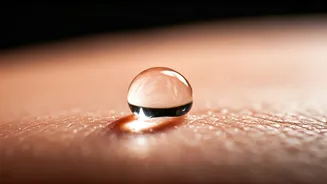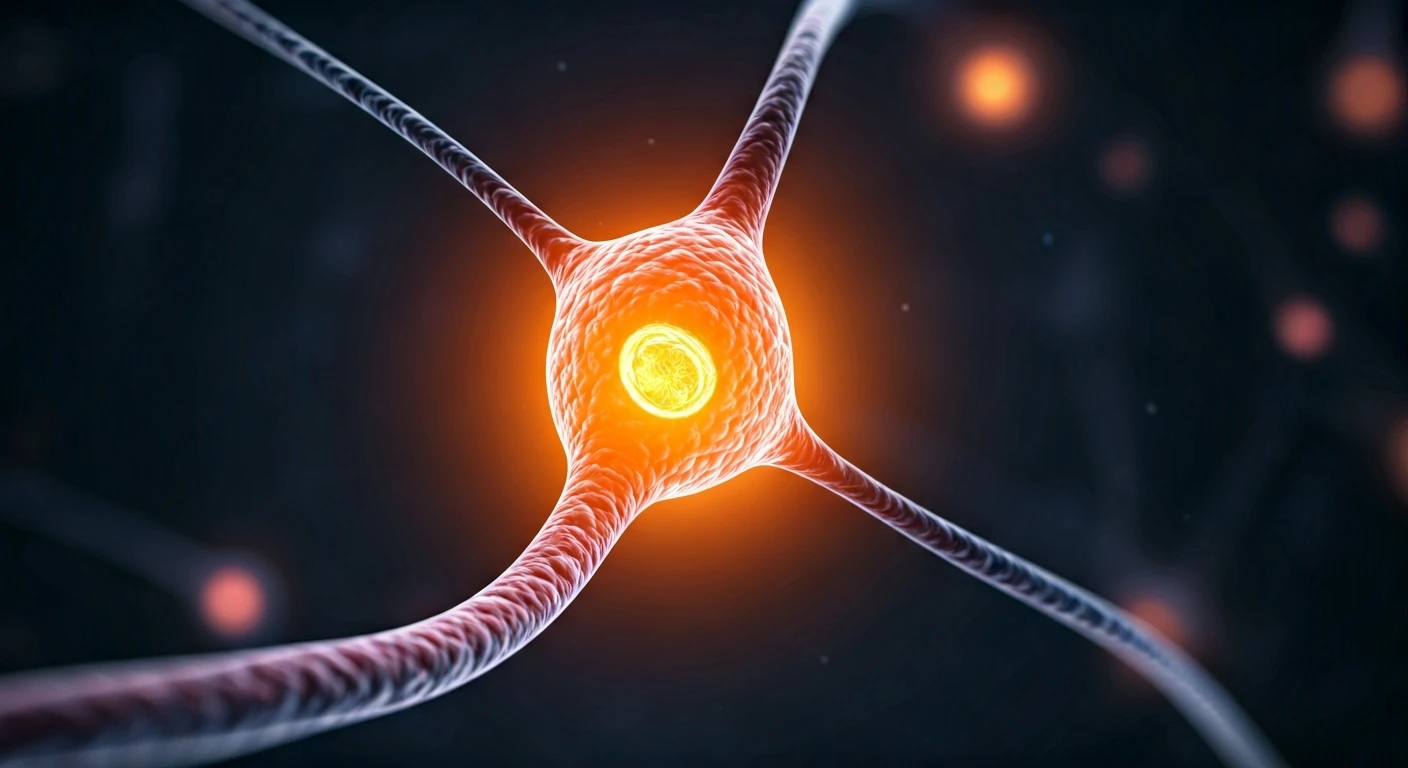Water's Skin Impact
The water we use daily for cleansing our face, seemingly innocuous, can harbor elements that slowly undermine our skin's health. Impurities such as chlorine,
commonly added to disinfect water, can strip away the skin's natural oils, leading to dryness and irritation. Similarly, heavy metals like lead and iron, which can leach from aging pipes, might build up on the skin's surface and instigate conditions such as acne and eczema. Furthermore, the presence of hard minerals, particularly calcium and magnesium, in hard water can interact with soaps, creating a film that clogs pores and reduces the effectiveness of skincare products. Over time, consistent exposure to these elements can result in a compromised skin barrier, making the skin more vulnerable to environmental aggressors and accelerated aging.
Impurities and Chemicals
Tap water often contains various chemicals and impurities introduced during water treatment and distribution. These substances, although deemed safe within certain limits, can still have detrimental effects on the skin. Chlorine, a common disinfectant, while effectively killing bacteria, is also known to strip the skin of its natural oils, leading to dryness, flakiness, and increased sensitivity. Fluoride, another additive, can irritate sensitive skin, potentially causing redness and itchiness. In addition, water can pick up contaminants like pesticides and industrial byproducts from the pipes or the environment. These pollutants can disrupt the skin's natural balance and exacerbate skin conditions. Regular washing with water containing such chemicals can slowly but surely erode the skin's natural defenses, causing discomfort and increasing the chances of skin problems.
Hard Minerals' Effects
Hard water, characterized by high concentrations of minerals like calcium and magnesium, presents unique challenges to skin health. These minerals can interact with soaps and cleansers, reducing their effectiveness and leaving behind a residue that clogs pores and prevents proper cleansing. This buildup can lead to acne, blackheads, and a dull complexion. The minerals also alter the skin's pH balance, making it more alkaline, which can damage the skin barrier, increasing sensitivity and dryness. Over time, using hard water can disrupt the natural moisturizing factors in the skin, reducing its ability to retain moisture, resulting in rough, itchy, and irritated skin. People who already have sensitive skin or conditions like eczema will likely experience more pronounced adverse effects from consistent exposure to hard water.
Skin Type Reactions
Different skin types respond differently to the components found in tap water. Those with dry skin often find their condition exacerbated by chlorine and hard water, which strip away the essential oils that keep the skin moisturized. Sensitive skin is particularly vulnerable to the chemical irritants in tap water, such as chlorine and fluoride, experiencing redness, itching, and inflammation. Individuals with oily skin might encounter clogged pores and increased acne due to the residue from hard water and the build-up of impurities. Even those with combination skin can face imbalances, with specific areas becoming drier or oilier depending on the water's impact. Recognizing one's skin type and the specific vulnerabilities it possesses is the first step toward safeguarding against the damaging effects of tap water and adapting skincare regimens accordingly.
Mitigating Harmful Effects
Several strategies exist for mitigating the potentially detrimental effects of tap water on skin health. Installing a water filter at the faucet or showerhead can help remove chlorine, heavy metals, and other impurities. Using a gentle, pH-balanced cleanser designed for sensitive skin can help maintain the skin's natural barrier. After cleansing, applying a hydrating moisturizer is essential for replenishing lost moisture and protecting against environmental aggressors. For those with hard water, consider using a water softener to reduce mineral content. Experimenting with different cleansing methods, such as using micellar water or pre-boiled, cooled tap water, can help in identifying what works best for your skin type. Finally, consulting a dermatologist or skincare specialist is always beneficial for personalized recommendations and tailored treatment plans.




















